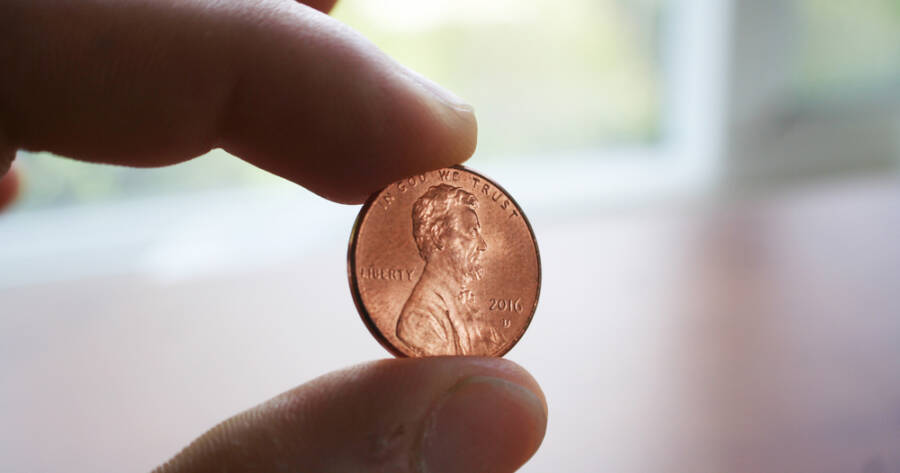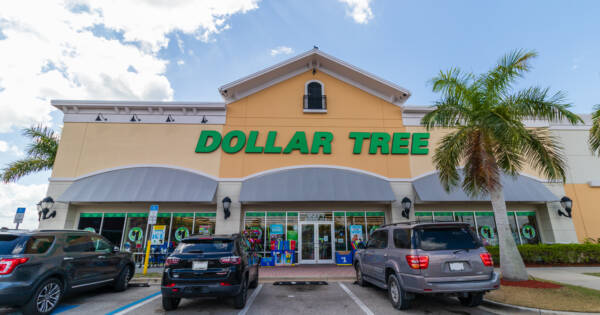Choosing the cheapest option is a good way to save money, right? Not always. In fact, penny-pinching can often cost you more in the long run. You get what you pay for is an old adage for a reason, after all.
Being thrifty can be smart, but it can veer into cheapskate territory. Eventually, saving a buck by sacrificing everything from quality to your well-being can backfire. With this in mind, here are 10 times frugality can fail.
Skipping Routine Medical Appointments
While co-pays and deductibles can be pricey, ignoring routine health care can cost you more in the long run. For example, skipping dental appointments for too long can lead to pricey measures like deep cleanings, crowns, and implants.
Beyond the financial price of putting off medical care, it can also cost you your health and well-being. Prevention and early detection are good for your bottom line and your health. That’s why an ounce of prevention is worth a pound of cure.
 Shutterstock
ShutterstockReplacing Cable With Too Many Streaming Services
Although cutting the cord can save you money, the cost of tv streaming services can quickly add up. Originally, many folks replaced cable or satellite with Netflix. But Netflix is far from the only game in town these days. And the streaming market is becoming increasingly segmented.
CNET says, “one-quarter of American households subscribe to nine or more streaming services.” Before you know it, the total cost of your streaming subscriptions can rival your old TV bill. Depending on what you watch the most, combining a traditional TV subscription with limited streaming subscriptions might cost less. Crunch the numbers!
At the very least, take inventory of your streaming service subscriptions, add up the total cost, and cancel any you hardly use. According to CNBC, “Consumers spend an average $133 more each month on subscriptions than they realize,” and 42% pay for a subscription they forgot about.
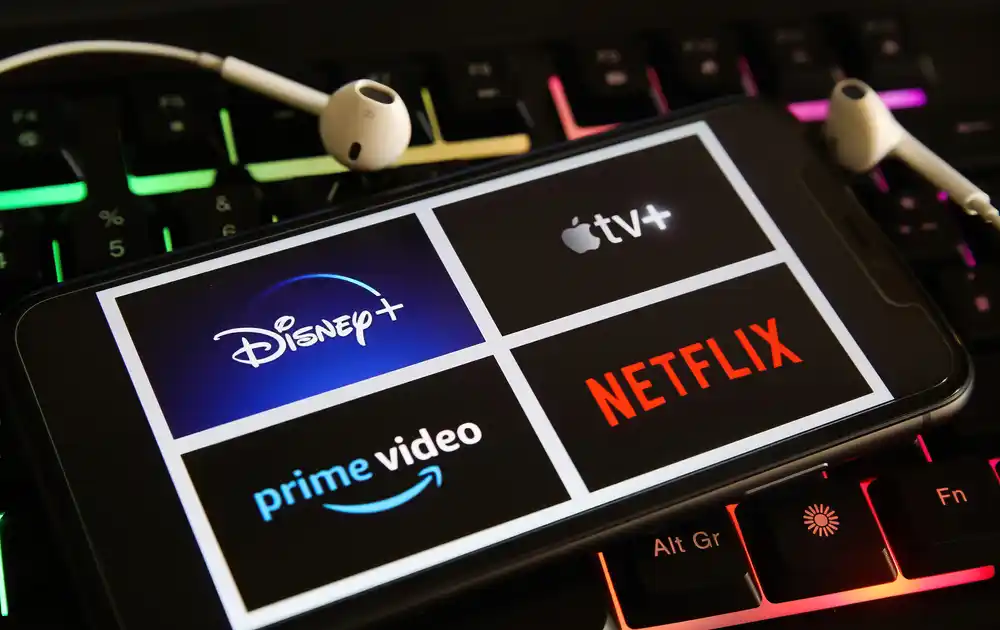
Buying a Used Car Without Doing Research
According to Kelley Blue Book, the average price people pay for a new non-luxury vehicle is about $44,000. So, buying a used car can make a lot of sense financially. However, buying a used car without doing your due diligence can cost you.
That’s because not all pre-owned vehicles are created equal. For instance, CarsGenius recommends looking into the recall history and average repair costs for a vehicle, as well as avoiding cars from discontinued brands like Saab or Suzuki.
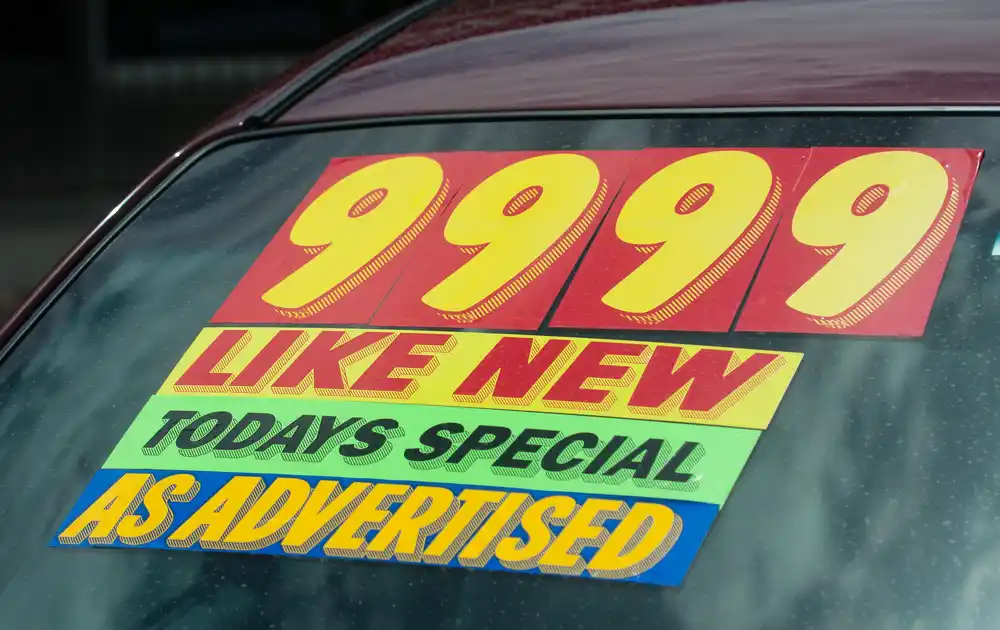 Shutterstock
ShutterstockSkimping on Your Insurance Coverage
Even though it may be tempting to cut corners on your insurance coverage, that mindset can cost you more at the end of the day. That goes for all of your insurance policies — health, dental, auto, home, etc. Cheap policies can be worth little.
Some common cost-cutting measures like raising your deductible can backfire. “If an emergency arises,” Money Talks News says, “your wallet and bank account could be turned upside down by out-of-pocket costs and exorbitant deductibles.
 Shutterstock
ShutterstockBuying Something Just Because It’s On Sale
Ahh, the thrill of a sale. But bargain shoppers should be careful — sometimes, deep discounts can persuade you to buy something you wouldn’t otherwise. Remember: a sale is only a good deal if it’s something you actually need or want.
Don’t let 70% off clearance banners push you to load up your cart with things that’ll only gather dust. Loading up on discounted stuff just because it’s cheap is a quick way to blow your budget. Ask yourself if you’d still buy it for the regular price.
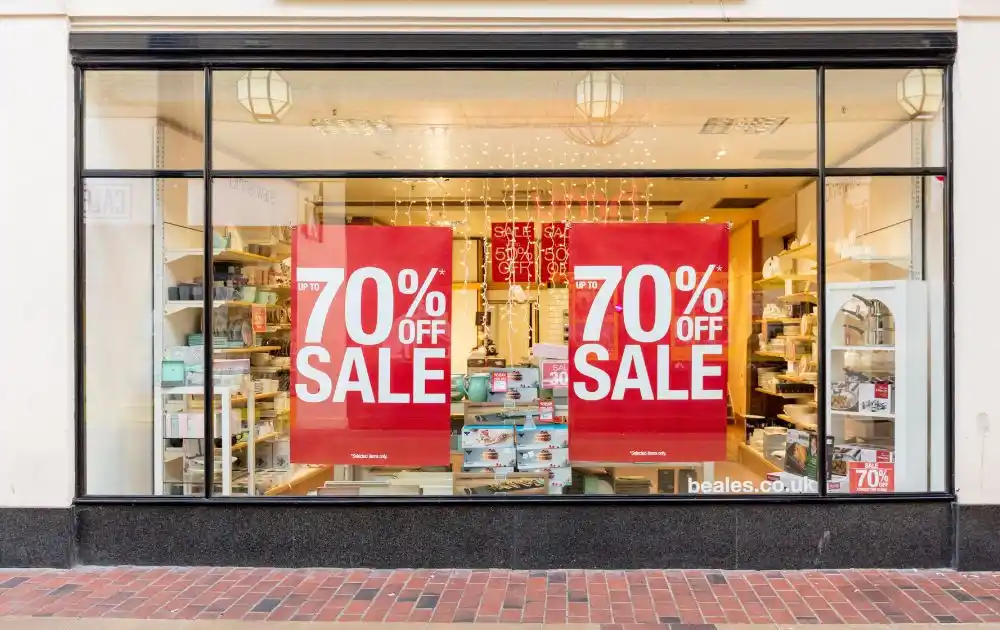 Shutterstock
ShutterstockPutting Off Car Maintenance
Just like skipping routine medical appointments can cost you, putting off routine car maintenance can come back to haunt your wallet. While you keep that money in your bank account for now, you run the risk of getting a much pricier bill if something goes wrong.
Additionally, putting off routine car maintenance can be unsafe. You don’t want to wind up in an accident or on the side of the road with a broken-down car because of something your mechanic would’ve addressed during a routine car maintenance appointment.
 Shutterstock
ShutterstockBuying Everything at Warehouse Stores
You can save at warehouse stores like Costco and Sam’s Club, but don’t get carried away. That’s because buying in bulk should involve some strategy. If you can’t eat that 10 pounds of oatmeal before it goes stale, then you aren’t getting an amazing deal.
When shopping in bulk, keep the expiration date and per-unit price in mind. That way, you get in the habit of assessing whether or not you’re scoring a useful deal. Also, make sure you have adequate storage space for all of your bulk warehouse purchases.
 Shutterstock
ShutterstockDriving All Over Town To Find the Cheapest Gas
When gas prices soar, it might be tempting to drive all over town, searching for the lowest price. However, all of that driving for a marginal price difference wastes the gas you already bought.
Instead of doing the legwork yourself, fire up a free gas app to zero in on the lowest price in your area. Drivers can use handy gas apps like Gas Guru and GasBuddy to find the cheapest gas prices in town.
 Shutterstock
ShutterstockBuying Cheap Consumer Goods
You get what you pay for can be incredibly true when it comes to cheap consumer goods. While it isn’t always the case, cheap items tend to be cheaply made. As a result, they break or wear out quickly.
If you have to replace items frequently, then they cost you way more than the original sticker price in the long run. Spending a bit more initially on thicker towels, for example, can pay off if they last years.
 Shutterstock
ShutterstockCouponing Things You Don’t Need
Couponing can lead to similar temptations as sales. For that reason, you can apply the same logic — don’t buy something just because it has a coupon. That mentality can lead to buying things you won’t even use.
If there’s a coupon for something you need, then that’s great! You saved money on something you would have paid full price to get. But pass on coupons for items you won’t use. Those coupons lead to waste.
 Shutterstock
ShutterstockThe Bottom Line
Sometimes efforts to save money can wind up costing way more money in the long run. Unfortunately, that’s true for even the most well-intentioned of money-saving efforts like couponing and shopping sales. Of course, looking for opportunities to score a good deal is admirable and worthwhile.
Just make sure you are getting a good deal. Things like cutting corners on maintenance, purchasing cheaply made goods, and buying discounted items you don’t need can cost you more money at the end of the day. Penny-pinching can also compromise your health, well-being, and happiness.
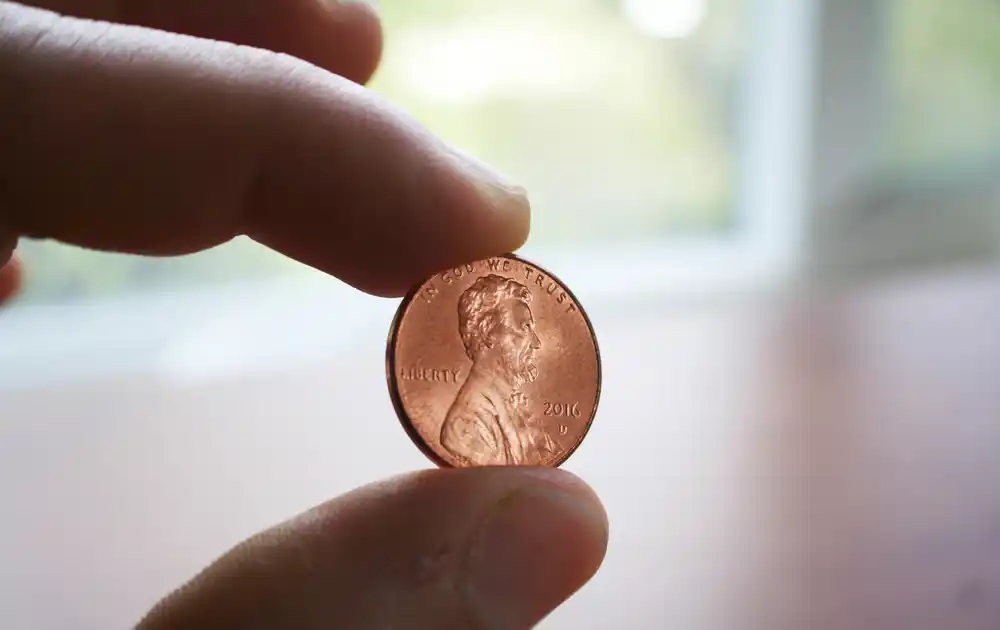 Shutterstock
Shutterstock